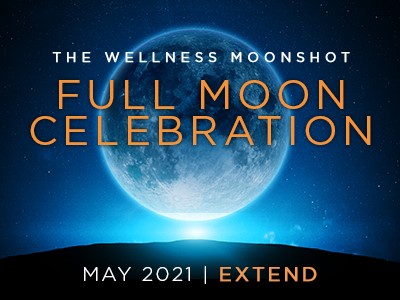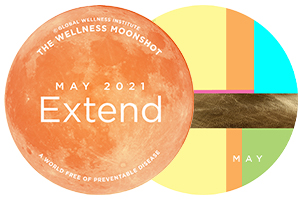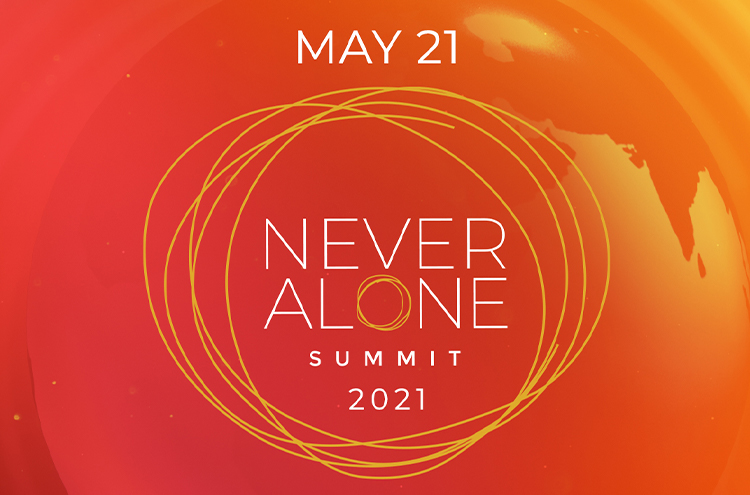The Big Money Is Going Vegan–New York Times, May 18, 2021Alternative dairy company Oatly’s successful IPO exemplifies the changes in consumer preferences that are reshaping the food business. The stunning rise of the producer of dairy substitutes shows that it’s no longer enough for food to taste good and be healthy—it needs to be good for the planet as well. Can the established big food players…




























































